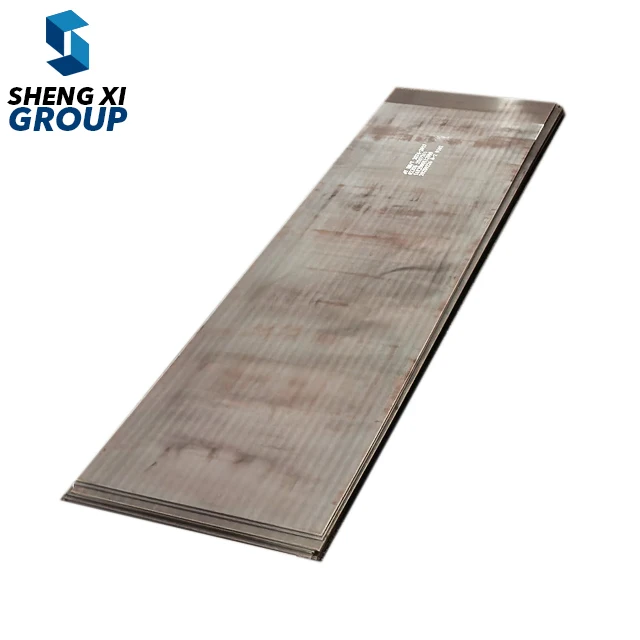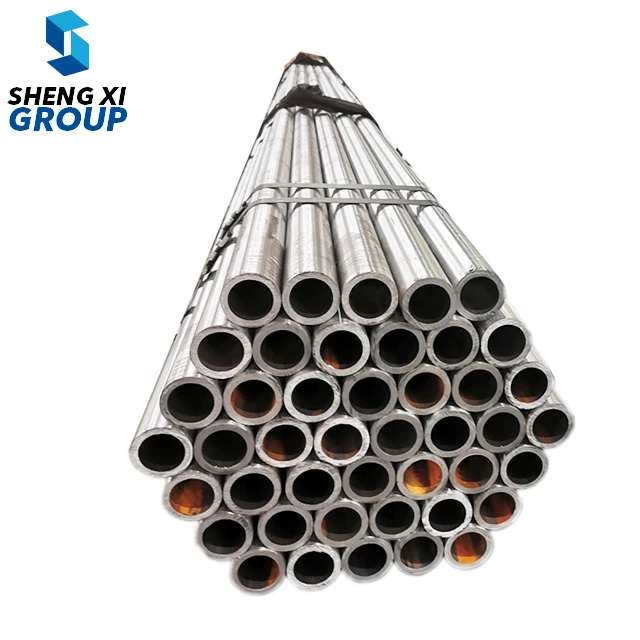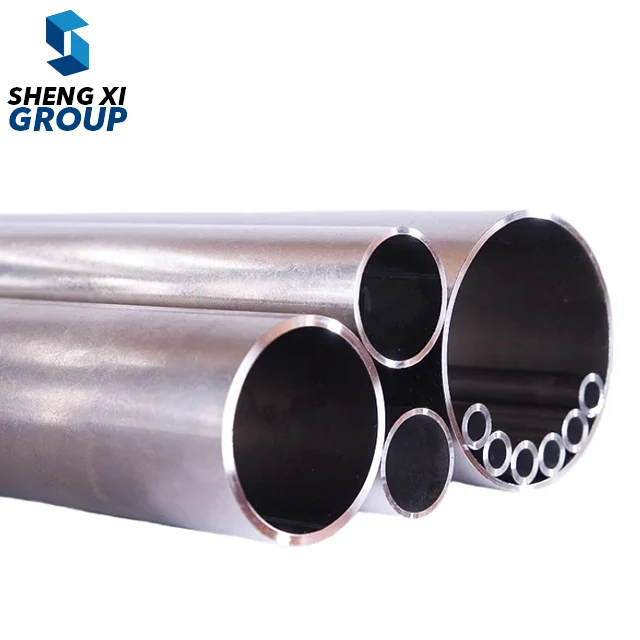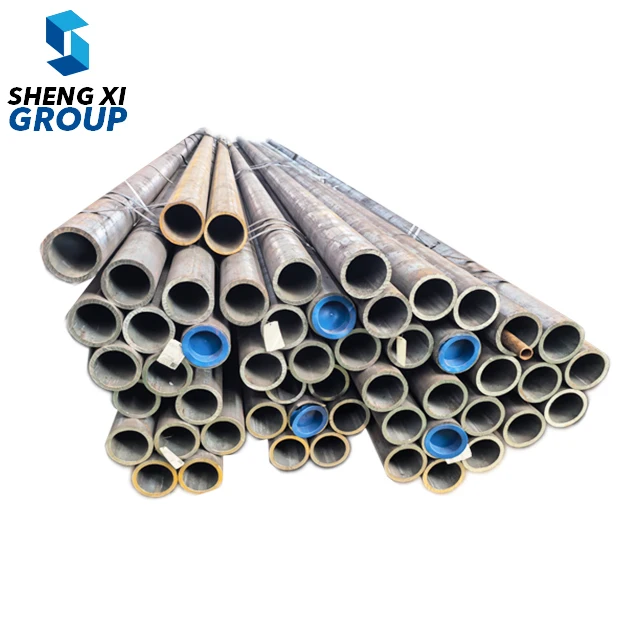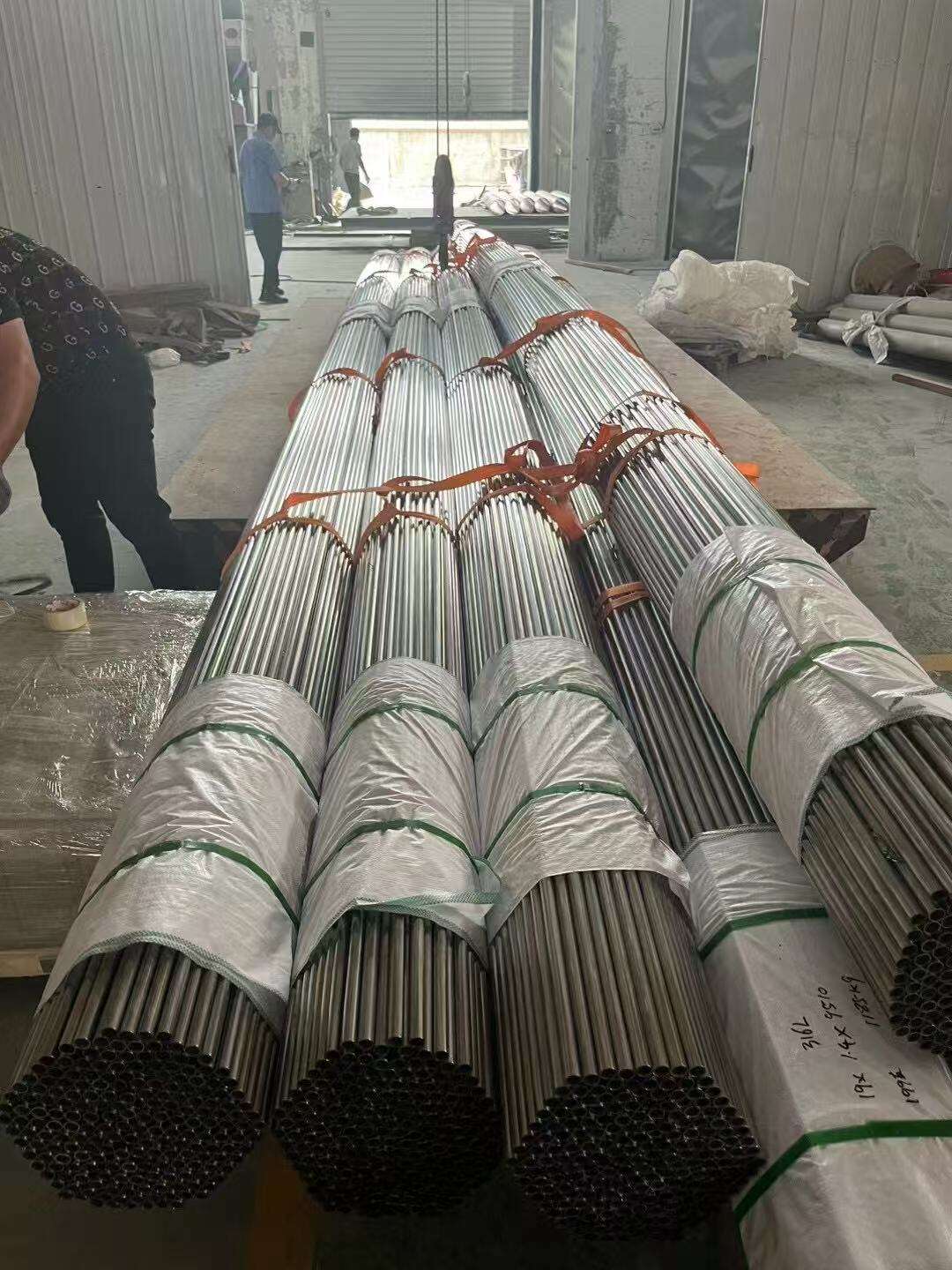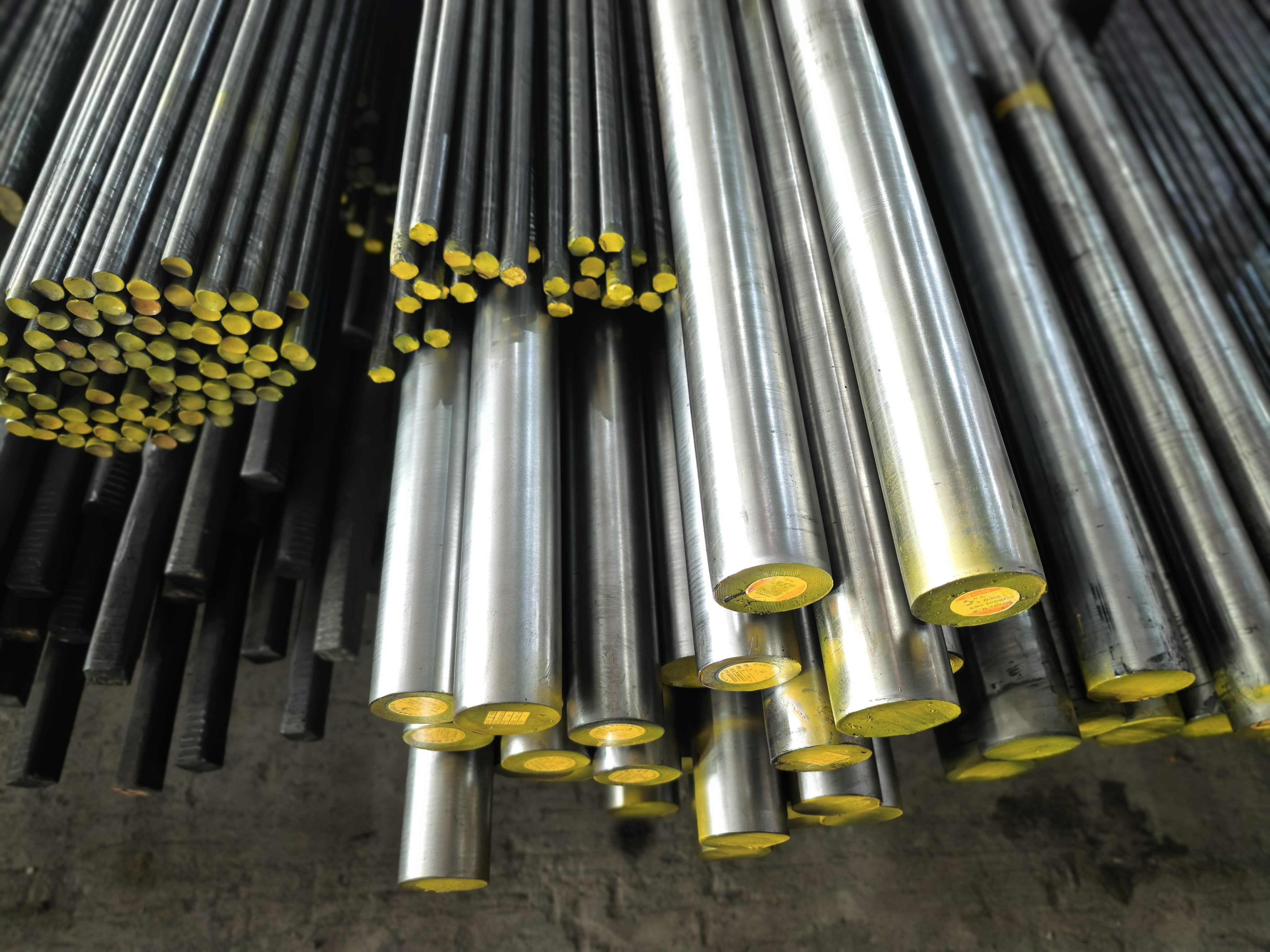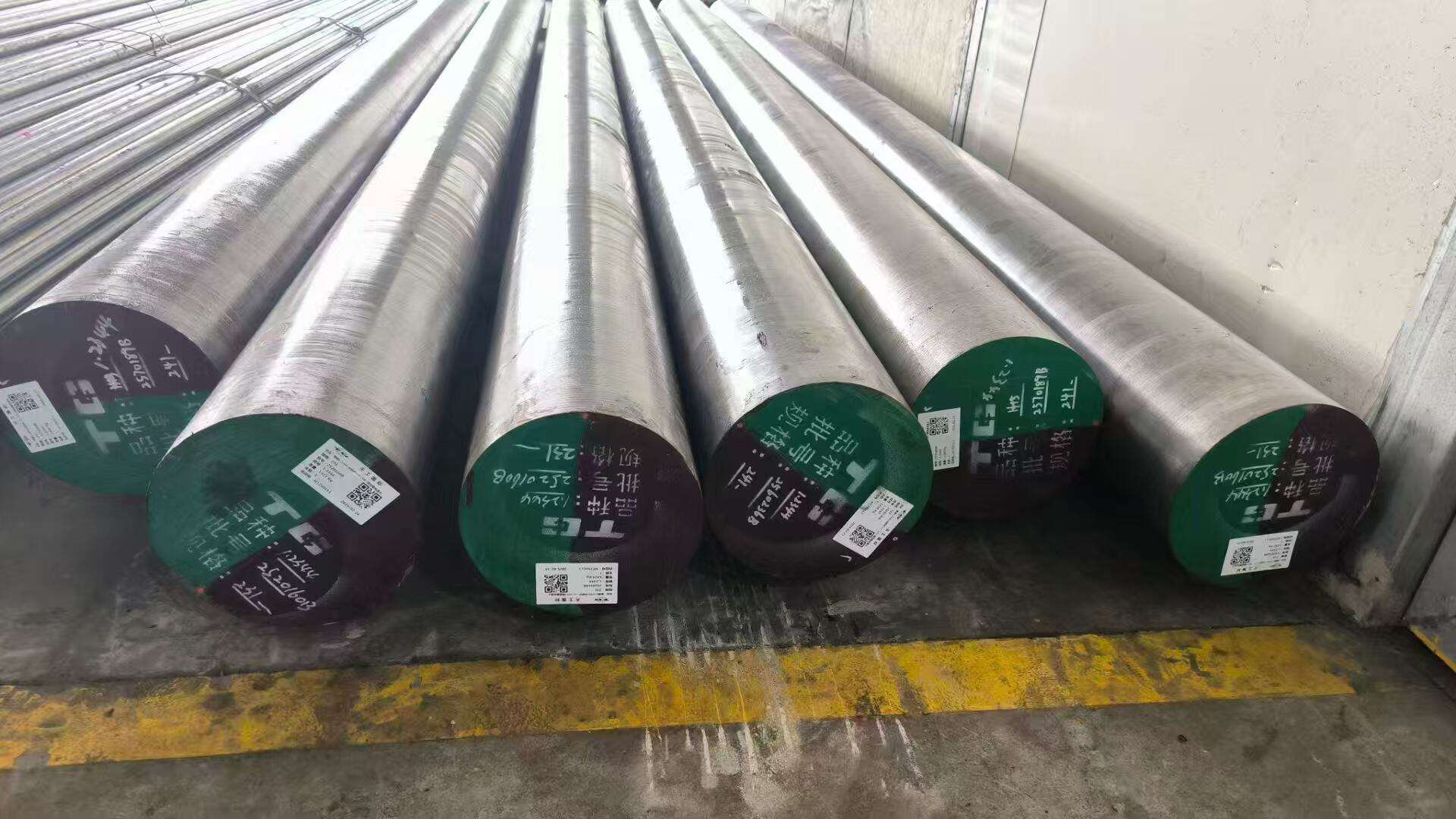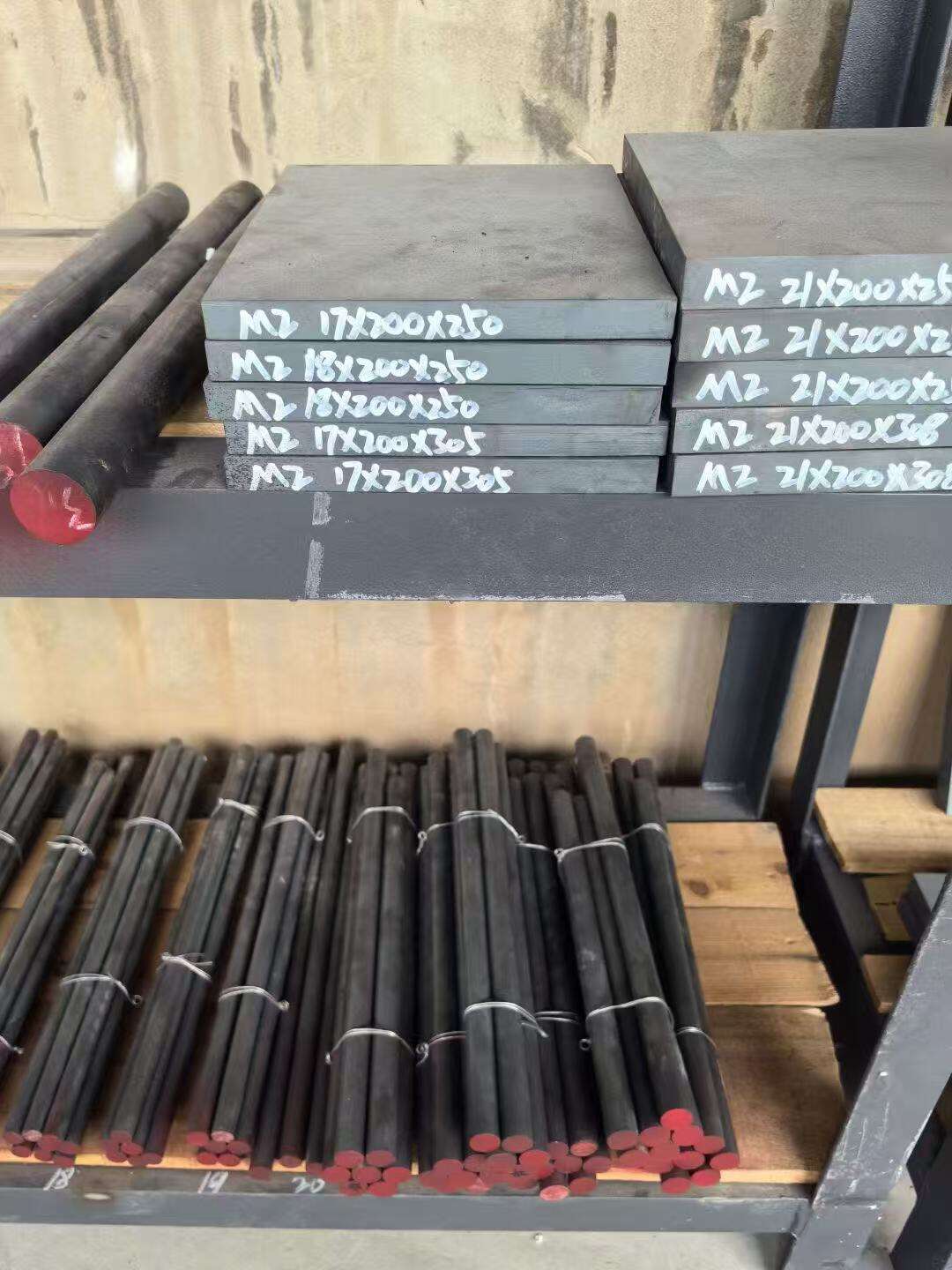carbon tool steel
Carbon tool steel represents one of the most fundamental and versatile materials in modern manufacturing and toolmaking industries. This specialized alloy combines iron with carefully controlled carbon content, typically ranging from 0.6% to 1.4%, creating a material that delivers exceptional hardness and durability when properly heat-treated. The precise carbon composition allows manufacturers to achieve specific performance characteristics tailored to various industrial applications. Carbon tool steel has been the backbone of tool manufacturing for over a century, proving its reliability across countless demanding applications. The material's microstructure can be manipulated through controlled heating and cooling processes, enabling manufacturers to optimize properties such as wear resistance, toughness, and cutting performance. This metallurgical flexibility makes carbon tool steel an ideal choice for producing cutting tools, dies, punches, and various precision instruments. The steel's ability to maintain sharp edges under extreme conditions has made it indispensable in automotive, aerospace, and general manufacturing sectors. Modern carbon tool steel production employs advanced refining techniques that minimize impurities and ensure consistent quality throughout each batch. The material responds predictably to heat treatment processes, allowing for precise control over final properties. Whether used in high-speed machining operations or heavy-duty forming applications, carbon tool steel consistently delivers the performance characteristics that manufacturers require. Its cost-effectiveness compared to more exotic alloy systems makes it an attractive option for businesses seeking reliable performance without excessive material costs.

